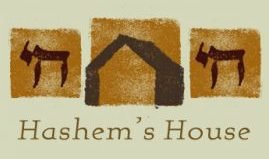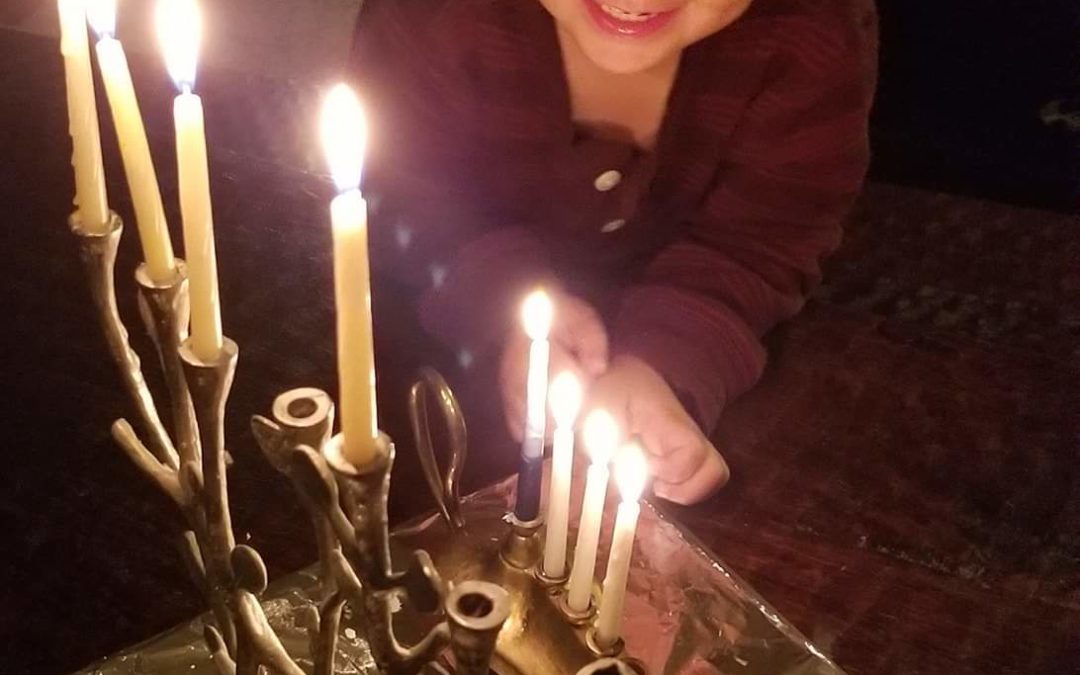Hi! I am back, better than ever, with new blog posts as we move towards the New Year. I want to start out with a definition of what it means to be a Maggidic Rabbi. The term, “Maggidic Rabbi” was coined by our Associate Rabbi here at HaShem’s House International, Rabbi Rokie Bernstein. She is the CEO/Chief Rabbi of HaShem’s House International-Canada up in Vancouver, British Columbia. After both of us finished the Maggid Training Program in Brooklyn, NY, under our mentor, Rav Yitzhak Buxbaum, and after she became a Rabbi through our rabbinical program at HaShem’s House International, Rabbi Rokie declared, that we were Maggidic Rabbis whose congregations were those who were right in front of us on any given day, time, location, or reason. Rabbi Rokie, like myself, is a great storyteller in the true sense— like the Baal Shem Tov. He rode through the countryside of Eastern Europe, working at waking up a generation of Jews on the brink of extinction through stories. He was mystical and magical, and so are we. Neither of us intended to be pulpit rabbis—our lives didn’t call for us to stay in one spot. And even though I am the Rabbi at Temple Israel, Texas’ oldest synagogue, in Schulenberg, Texas, I like Rabbi Rokie, consider myself a Maggidic Rabbi. I work with whoever HaShem presents to me each day. I could be sitting on a plane, shopping at my local grocery store, at a doctor’s office, or anywhere my busy life takes me. I know when a congregant is before me. It usually starts with a question, “Are you a Rabbi?” or “Rabbi, may I ask you a question?” Sometimes there is no conversation, no question, no conversation opener. I just know; I can feel it. I can hear HaShem’s voice within, “The way to love me is to love all my children. Here is one of my children, help her/him/them.”
Let me give you an example. I had come in from Schulenberg on Sunday afternoon after being at Temple Israel for our Hanukkah celebration, including lighting of our stainless-steel menorah, on our lawn, lit for eight nights, for the entire community to see. I was a bit tired and didn’t bother to unpack completely. Monday morning, I left my HaShem’s House early for a doctor’s appointment at St. David’s South, in Austin. I was on my way to the Outpatient Clinic so that therapists could work on the lymphedema problem in my legs. I took a short cut from the parking lot to the clinic through the dialysis unit on the first floor. The waiting room was surprisingly quiet for a Monday morning, but I did notice a young girl, maybe seven or eight, sitting with a woman who appeared to be her abeula, not her mother. I noticed them on the way in. An hour later they were still sitting there, just as they were when I came in. I thought to myself, “That’s a long time for a child to sit,” even though I noticed she had an iPad for amusement.
While upstairs in the clinic, while getting my phone out of my satchel, I had noticed a couple of dreidels left over from Sunday’s festivities. On my way out, I stopped and asked the woman if I could give the child a toy to play with. She explained that she was the child’s abuela and that the child’s mother was going through dialysis. The child was not feeling well so she had kept her home from school. She asked what I had for the child and I showed her the dreidel. The child, not having been paying attention to us, looked up from her iPad and took in the conversation. I explained to both of them that I was a rabbi and had just celebrated the holiday of Hanukkah with my congregation in Schulenberg and so I had the dreidels in my purse.
What started as a small interchange developed into more. While the abuela, listened and occasionally asked questions, more in Spanish than English, the child came to life. She translated for her abuela when necessary. We looked up Schulenberg on her device. She translated much of what we said into Spanish. My Spanish is developing now that I live in Austin, but not that much. I knew enough to be able to follow. We looked up “Rabbi,” then “Hanukkah,” then “Macabees,” and finally how to play dreidel. The abuela offered that she had a jar of pennies at home and, when the older siblings got home from school, they could all play. I gave the other dreidels I had in my purse to her for the other children. I practiced spinning the dreidel with the little girl, who had told me her name was Reina Maria. I shared that my name was Raine Helen. She smiled at that, as though we had more in common than first thought.
And so, a lovely hour passed. We were having such fun. I had to leave but wished them both well, hoped I would see them again, and said I was going to pray for Reina’s mom. And that’s what a Maggidic Rabbi does. Their congregations, sometimes just a person or two, are whoever presents themselves at a moment in time. That’s what Reina Maria and her abuela were: my congregation of two. How divine!
With many blessings and very great love for all of us,
Rebba Raine


